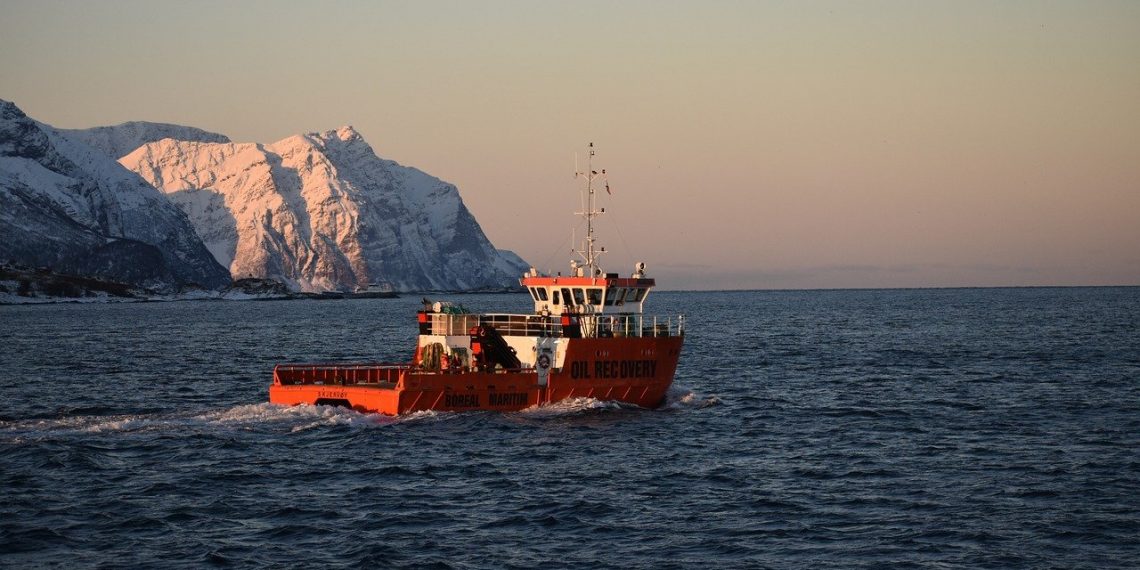The GREENSHIP_E project will develop a green propulsion system for small-sized vessels. The Calouste Gulbenkian Foundation has just signed a €1.5M contract to finance this technological development, featuring several partners – INESC TEC, SYSTEC and four R&D units of the Faculty of Engineering of the University of Porto (FEUP) – CEFT, LEFABE and LSRE-CLM, which form the ALiCE associated laboratory.
The main objective of this project, led by ALiCE, is to develop a prototype that combines various technologies, namely the production and storage of hydrogen on board with an AI-based intelligent electrification system. This project, which will electrify recreational and fishing vessels, integrating green fuels and advanced technologies, is a response to the urgent need to decarbonise the ocean sector, and is expected to be completed by the end of 2027.
As part of this project, INESC TEC will contribute to the development of the ships’ power and energy management system, considering the integration of energy storage systems. Hence, the Institute will create a system that efficiently manages the use and distribution of the boats’ energy.
Regarding the integration of energy storage systems, like batteries or other technologies, they will be crucial to ensure that the vessels operate continuously and independently, even in conditions that present extreme variability.
“These two vectors – development of the power and energy management system and integration of energy storage systems – are essential to ensure the scalability of the solution for larger ships”, explained Clara Gouveia, member of the Board at INESC TEC and lead researcher of the project.
Although the initial prototype foresees the development of a smaller boat, the work developed by INESC TEC will focus on a solution that can be applied to larger ships, thus making this technology scalable. This work involves predicting and dealing with the associated technical and logistical challenges.
“Our experience in microgrids will be essential to develop strategies that balance the generation, storage and consumption of energy on board, since an efficient control of microgrids reduces energy losses, improves system reliability and maximises the use of clean energy sources,” stated the researcher.
To make all this possible, INESC TEC will resort to a team with particular skills in the development of microgrid control and management strategies, but also to the testing potential provided by the Institute’s x-energy laboratory – dedicated to smart grids and electric vehicles.
The contract signing ceremony, between Gulbenkian and FEUP, took place on December 16, at the Rectory of the University of Porto. All entities involved believe that this new technological vessel is a decisive step in the decarbonisation of the ocean sector in Portugal, a country where the ocean represents great strategic importance.
The researcher mentioned in this news piece is associated with INESC TEC.


 News, current topics, curiosities and so much more about INESC TEC and its community!
News, current topics, curiosities and so much more about INESC TEC and its community!